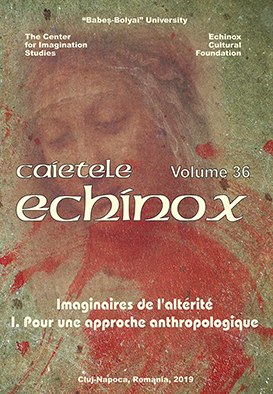La figure de l’évadé et l’idée d’altérité au XX e siècle : le desperado, le picaro et le trickster
The Character of the Fugitive and the Idea of Otherness in the Twentieth Century: The Desperado, the Picaro and the Trickster
Author(s): Ruxandra CesereanuSubject(s): Studies of Literature
Published by: Universitatea Babeş-Bolyai
Keywords: Fugitive; Political Prisoner; Prisoner of War; Outlaw; Otherness; Desperado; Picaro; Trickster;
Summary/Abstract: This study is focused on fugitives who were political prisoners or prisoners of war in the twentieth century. A fugitive can be defined as a stranger and as a reflection of the other. Fugitives do something that is essential for their liberty: they escape and run from one socio-political system and arrive in an opposite system. A fugitive is an outlaw, a hero as well as a trickster. In the twentieth century, fugitives assumed the role of subversive actors; they were often able and willing to play the role of jesters. They could resort to travesty and any other forms of disguise so as to temporarily lose their identity. Fugitives represent otherness by definition.
Journal: Caietele Echinox
- Issue Year: 2019
- Issue No: 36
- Page Range: 258-267
- Page Count: 10
- Language: French
- Content File-PDF

